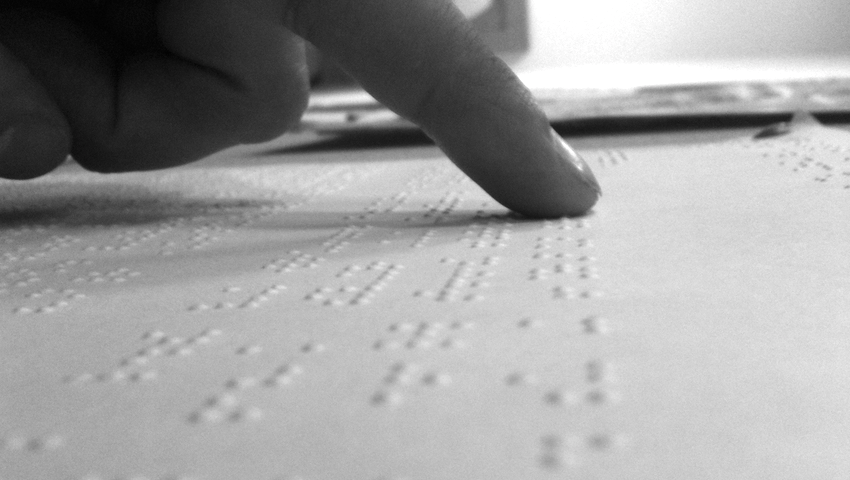
Last week, a bipartisan coalition in Congress introduced a bill to implement the Marrakesh Treaty to Facilitate Access to Published Works for Persons Who Are Blind, Visually Impaired or Otherwise Print Disabled. Adopted by the World Intellectual Property Organization (WIPO) in 2013, the goal of the Marrakesh Treaty is to create a set of mandatory limitations and exceptions for the benefit of blind, visually impaired, and otherwise print disabled readers. To date, the treaty has been ratified by 35 countries around the world.
The treaty requires that contracting states enact copyright exceptions that allow books and other creative works to be made available in accessible formats, such as braille and audiobooks, and to allow for the import and export of such materials. It is a tremendous step toward ensuring equal access for readers in participating countries, including many in the developing world, where the need for resources and access is especially acute. Although the United States already has exceptions in domestic copyright law to allow access to print-disabled readers, ratification of the Marrakesh Treaty will facilitate the exchange of works for the print-disabled across national borders and requires small changes to U.S. law.
As an organization that speaks out in support of the wide dissemination of knowledge and creativity to broad audiences—see, for example, our 2016 comment on Section 1201 of the U.S. Copyright Act, in support of copyright exemptions that benefit persons who are blind, visually impaired, or print-disabled—Authors Alliance fully supports Congress’ introduction of implementing legislation for the Marrakesh Treaty. And, as always, we will keep our members updated on these and other policy issues that directly affect authors and readers.
Discover more from Authors Alliance
Subscribe to get the latest posts sent to your email.
